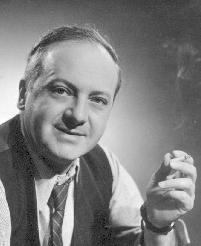
Seeing architecture as a tool for social progress, Russian-born Lubetkin (1901-1990) was one of the European émigrés who championed modernism in mid-20th century Britain, Widely regarded as the most outstanding architect of his generation in England. His designs included the Highpoint housing complex, London Zoo penguin pool, Finsbury Health Centre and indeed, Spa Green Estate.
In
1930s Britain, 2,000 people per year died of whooping cough and tuberculosis
killed 30,000 annually. The Finsbury/Clerkenwell area was one of London's
poorest; lice, rickets, and diphtheria were common, residents suffering
from atrocious, vitamin-deficient diets and poor housing.
Lubetkin's
practiced primarily in the United Kingdom and his designs were characterized
by clear geometric figures, technical ingenuity, and a vision of modernism.
Spa Green Estate (Grade
II*) stands as the thoughtful precursor to the avalanche of social housing
which would soon come to dominate British cities, many of which, sadly,
were not as generously funded, nor as well thought through. Of this
revolutionary new approach to social development, Lubetkin famously
commented "Nothing is too good for ordinary people".
Lubetkin was awarded the Royal Gold Medal by the Royal Institute of British Architects (RIBA) in 1982.